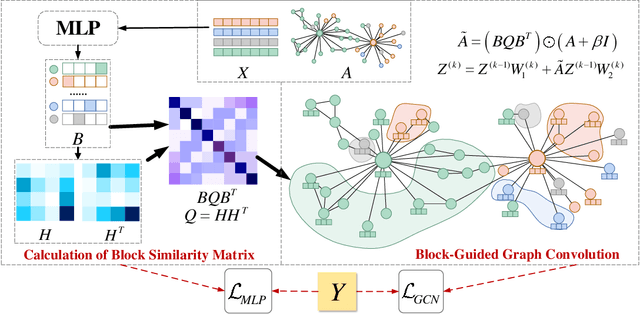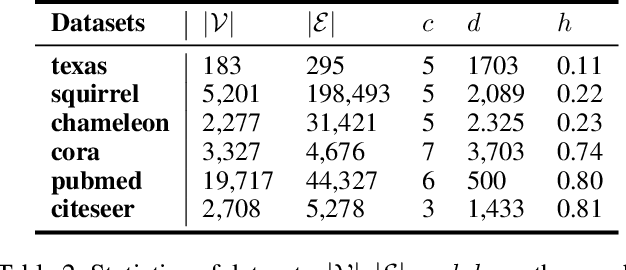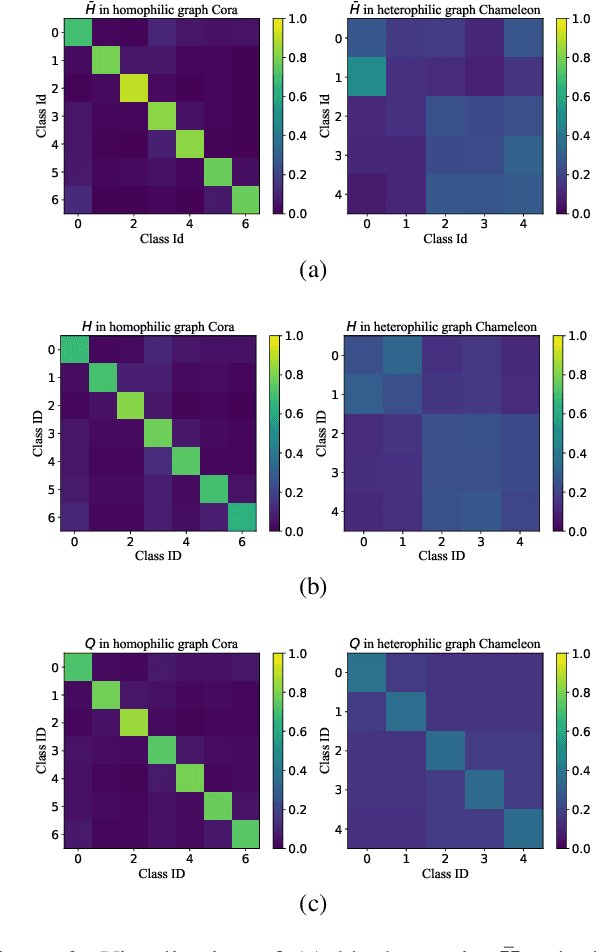Block Modeling-Guided Graph Convolutional Neural Networks
Paper and Code
Dec 28, 2021



Graph Convolutional Network (GCN) has shown remarkable potential of exploring graph representation. However, the GCN aggregating mechanism fails to generalize to networks with heterophily where most nodes have neighbors from different classes, which commonly exists in real-world networks. In order to make the propagation and aggregation mechanism of GCN suitable for both homophily and heterophily (or even their mixture), we introduce block modeling into the framework of GCN so that it can realize "block-guided classified aggregation", and automatically learn the corresponding aggregation rules for neighbors of different classes. By incorporating block modeling into the aggregation process, GCN is able to aggregate information from homophilic and heterophilic neighbors discriminately according to their homophily degree. We compared our algorithm with state-of-art methods which deal with the heterophily problem. Empirical results demonstrate the superiority of our new approach over existing methods in heterophilic datasets while maintaining a competitive performance in homophilic datasets.
 Add to Chrome
Add to Chrome Add to Firefox
Add to Firefox Add to Edge
Add to Edge